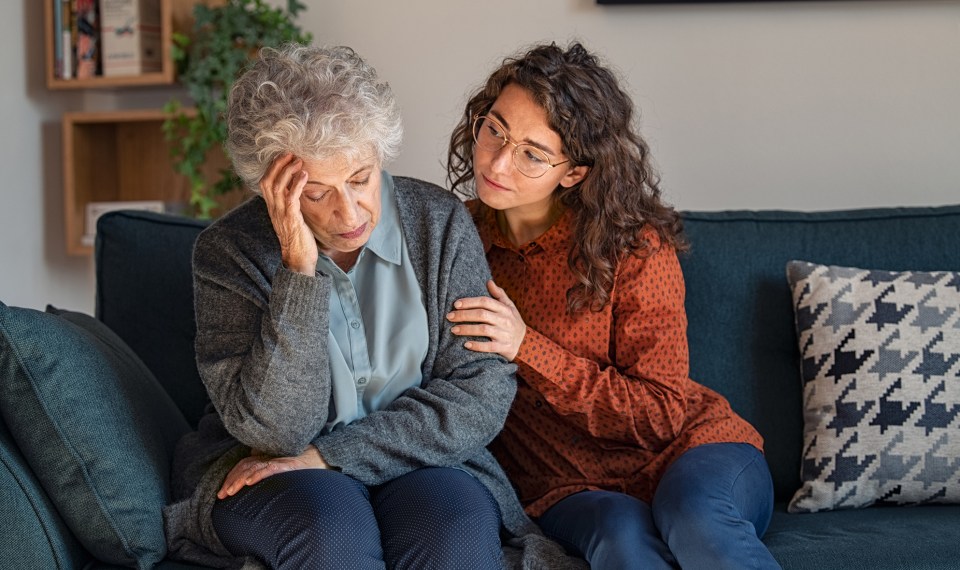There are many outcome studies that look at how well a patient does with different interventions after a stroke or serious illness. They examine different medications or the removal of the clot with a catheter at the time of a stroke. However, scientific studies frequently use the Modified Rankin Scale (mRS) to measure the degree of disability after a stroke and then decide if the score is a good outcome.
The problem is that the mRS looks at activities of daily living and does not consider the many things associated with one’s quality of life, such as depression, cognition, mobility or participation in activities. The real-life question is, “Who decides what is a good stroke outcome?”
Predicting Stroke Outcomes and Others
When a person first has a stroke or serious illness, how skilled are we at predicting their eventual outcome or quality of life? The truth is that we are not very good at making accurate predictions.
Ask yourself, who should make that prediction? Who knows the patient best? The physician may have the technical data to make a rough estimate, but isn’t it the family who knows the patient best? Wouldn’t a wife or daughter be able to paint a more accurate picture of what their loved one would accept as a “good” outcome? Better yet, ask the patient.
There are 800,000 strokes each year in the United States and about 5 million people worldwide are left with a stroke disability each year. That is an overwhelming number of decisions that need to be made. Is being aphasic (loss of speech) equal to losing the ability to walk? Is the ability to care for oneself the most important thing? It varies greatly from person to person.
It Is a Moving Target
In 2019 I wrote a blog on the basic components of quality of life after a disability. However, I failed to take into account that it changes over time for both the abled-bodied and people with disabilities. We can think of quality of life as the difference between our expectations and our actual experiences.
Shortly after a stroke there will be the “shock” to you and your family as you assess your degree of disability. There may be a large gap between what you “expected” in life and your current “experience.” As I age without a stroke there is a gap, but over time I adapt and the gap narrows. The same is true after a stroke. In time, we accept aspects of our disability and the gap between our actual experience and expectations narrows. Our quality of life improves.
If you understand this, then you will see that making a decision on one’s eventual quality of life early after a stroke or serious illness is not only difficult but frequently inaccurate. We adapt to our changing situations in life. As patients improve and adapt to their remaining disabilities their quality of life improves.
We rise to great heights by a winding staircase of small steps.
Francis Bacon
Setting Expectations and Goals
One of the psychologists I work with tells patients to think of the journey ahead as a staircase. The landing at the top is your ultimate goal or “current expectation.” The steps in between are the small steps you will take to get to that goal. Pick goals that are attainable. Here are a few things to ask yourself and then do:
- Where are you on the staircase? Is your choice a realistic appraisal of your current situation?
- Write out your goals. Draw out an actual staircase. The top of the staircase may be your ultimate goal. But for now, it is a step at a time. If you were practicing golf, you would want to first make 10 three-foot putts in a row before moving on to a longer distance.
- Avoid language that includes “musts” and “shoulds.” Telling oneself that you “must” do something or “should” have done something is not constructive.
- Reward yourself when you reach each short-term goal. It will be different for each person. It can be as easy as ordering your favorite pizza with extra sausage.
Hope is a Good Thing
I recently wrote another blog on never “downsizing” someone’s dreams and hope. Meet with your family and discuss what you consider a “good outcome.” Your family can help remind you of things you may not include, like dinner with the family on Sundays or playing a board game with friends. Then, share what you consider a “good outcome” with your doctor and therapists. They won’t know unless you tell them.
I recently spoke with a friend who is a nurse. She is recovering in an inpatient rehabilitation hospital from a very serious illness and was getting frustrated. She told her therapists, “I need a ‘win’ today.” It is all about the possible, one step at a time.
The content of this site is for informational purposes only and should not be taken as professional medical advice. Always seek the advice of your physician or other qualified healthcare provider with any questions you may have regarding any medical conditions or treatments.




